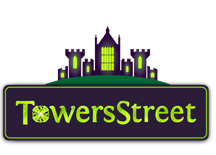Dave
TS Founding Member
I know to an extent they all do but wouldn't previous exposure likely cause the body to be ready to react?
Yes (in fact a recent study suggests those who have had Covid and then have a vaccine have a 6 x stronger immune response than those who haven’t). But it’s still not really predictable how strongly people will get symptoms. My parents have both had Covid and they got mild arm ache with their vaccine, yet some people I know who haven’t had Covid had the full set of side effects.

